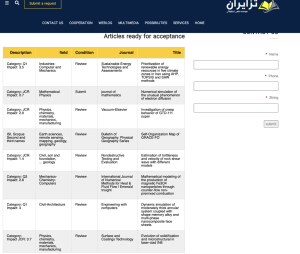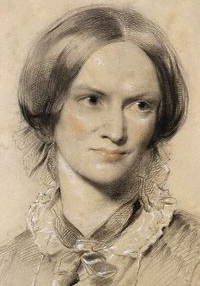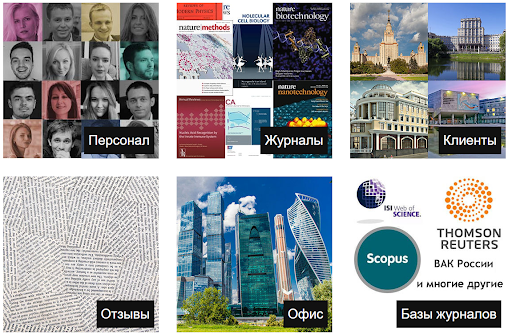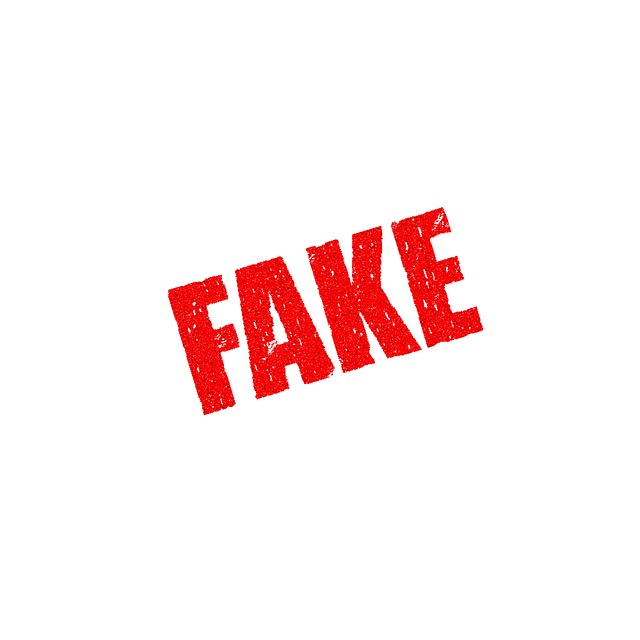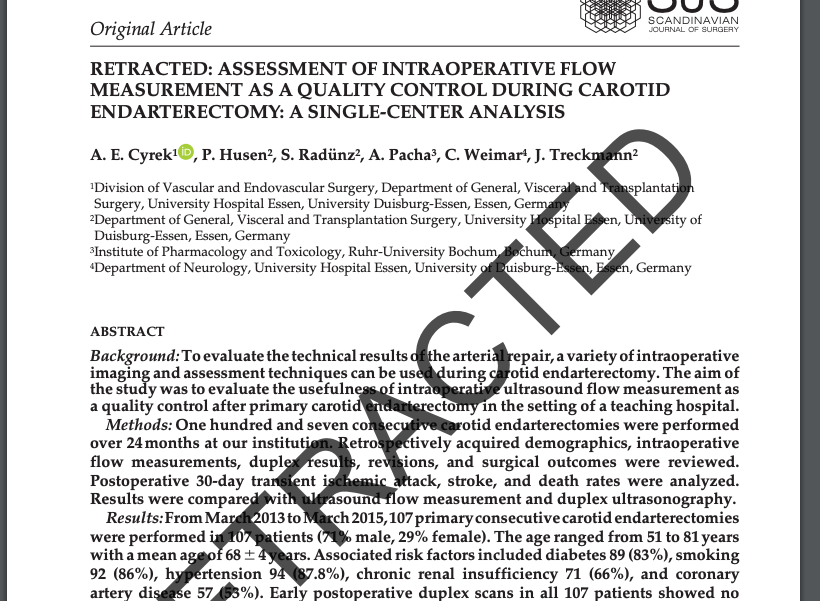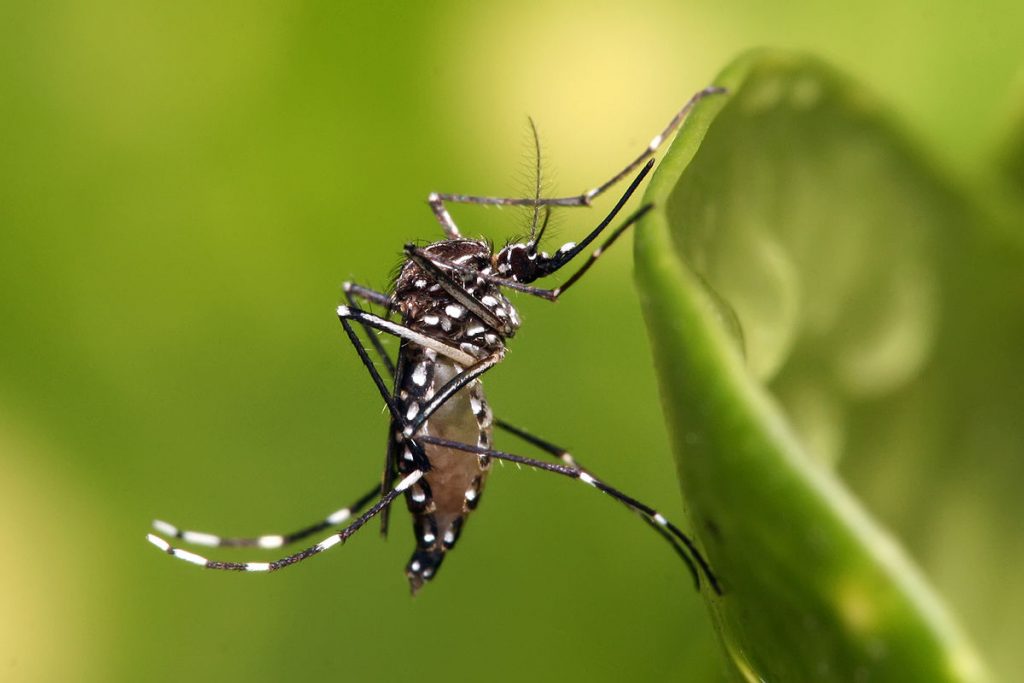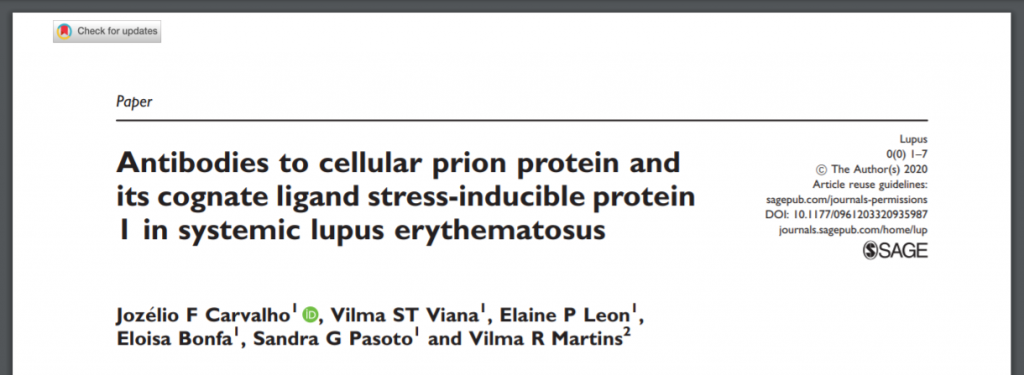More than a year after we reported on two websites advertising authorships of scientific papers for sale, one of the posted articles has been retracted, while publishers say they are still investigating others.
The retracted article, “Dynamic simulation of moderately thick annular system coupled with shape memory alloy and multi-phase nanocomposite face sheets,” appeared in the journal Engineering with Computers, a Springer Nature title, in January 2021. The article has been cited 28 times, according to Clarivate’s Web of Science.
Although the retraction notice doesn’t say as much, the journal’s publisher told us that it removed the article in part due its having been advertised for sale.
After our September 2021 article on the websites selling authorships, the anonymous whistleblower “Artemisia Stricta” identified several papers from a cached version of one of the websites, Teziran.org, and notified the editors and publishers of the journals about the finding.
Continue reading Paper with authorship posted for sale retracted over a year after Retraction Watch report